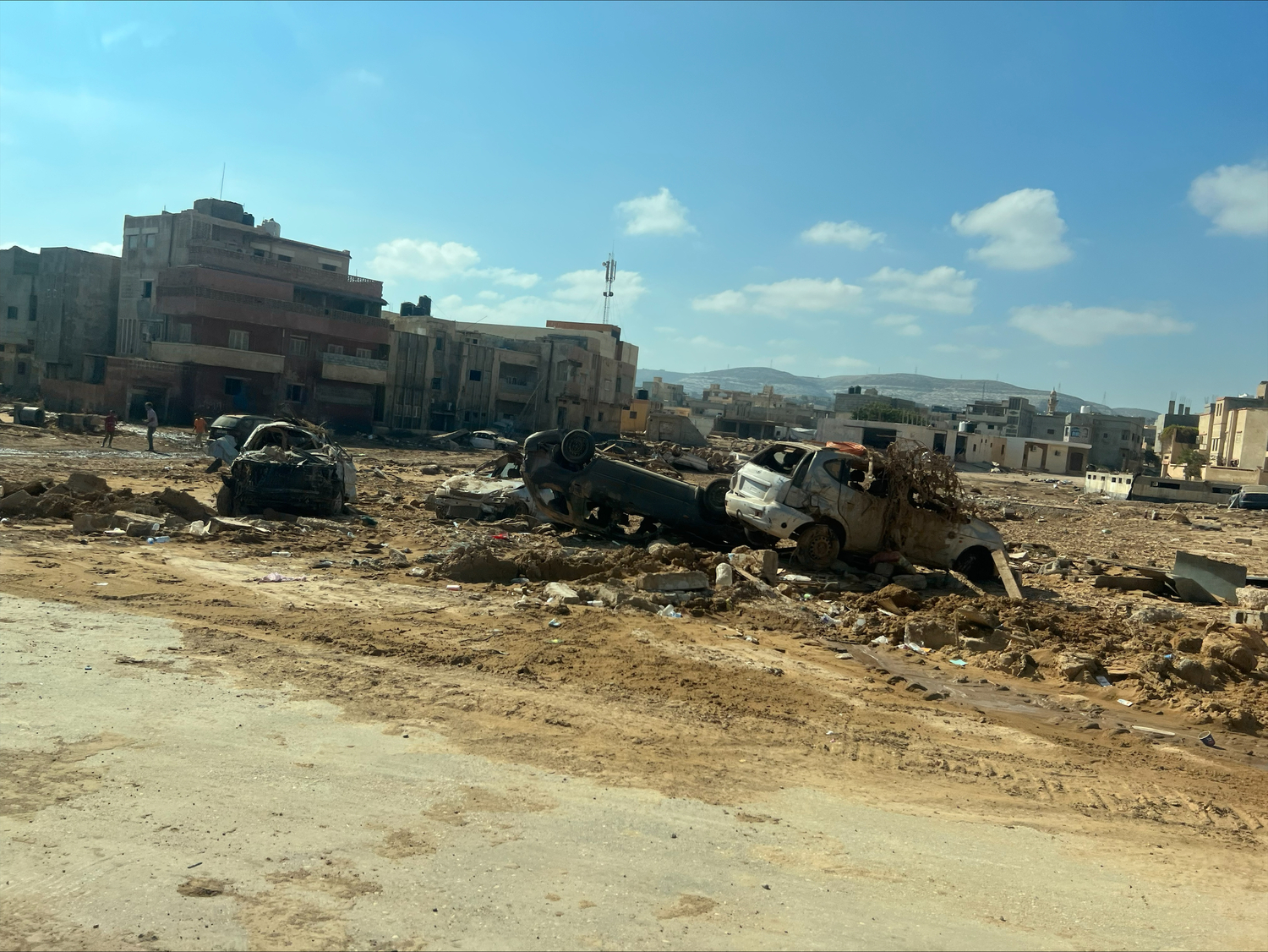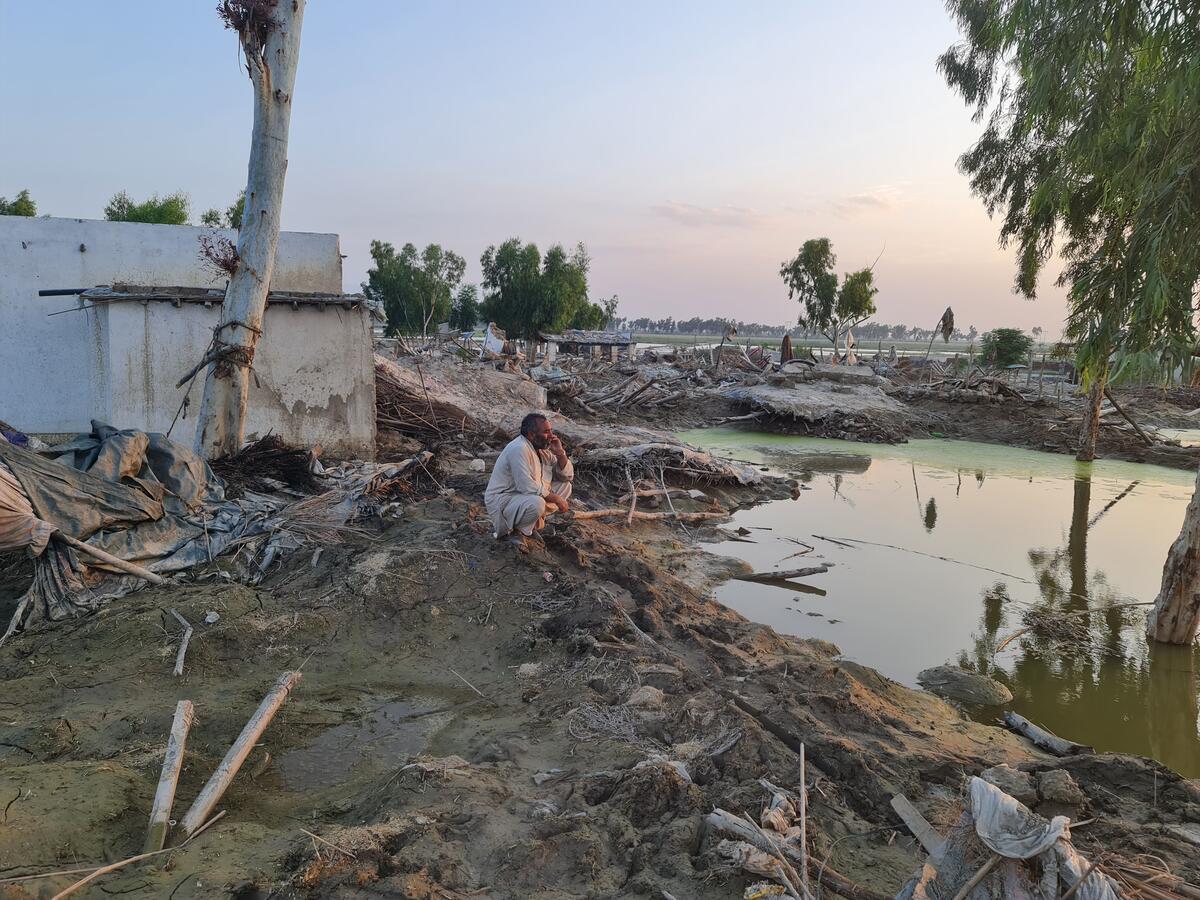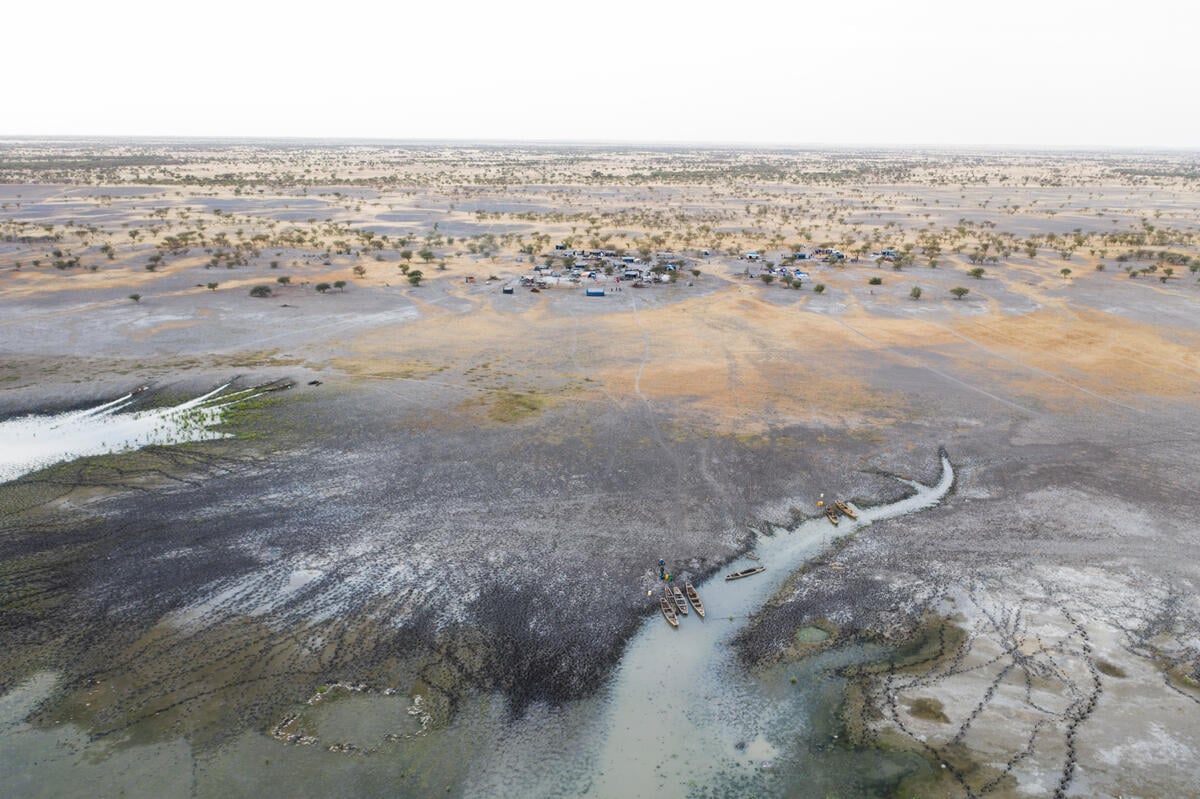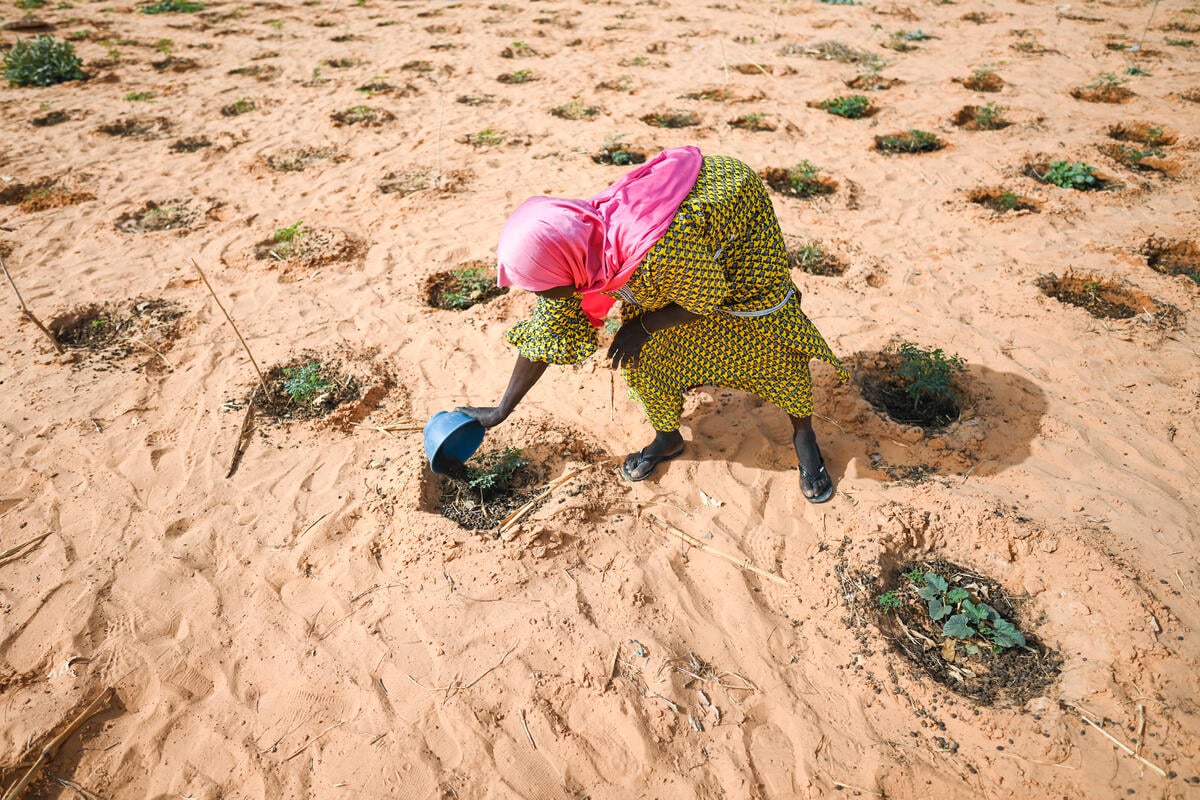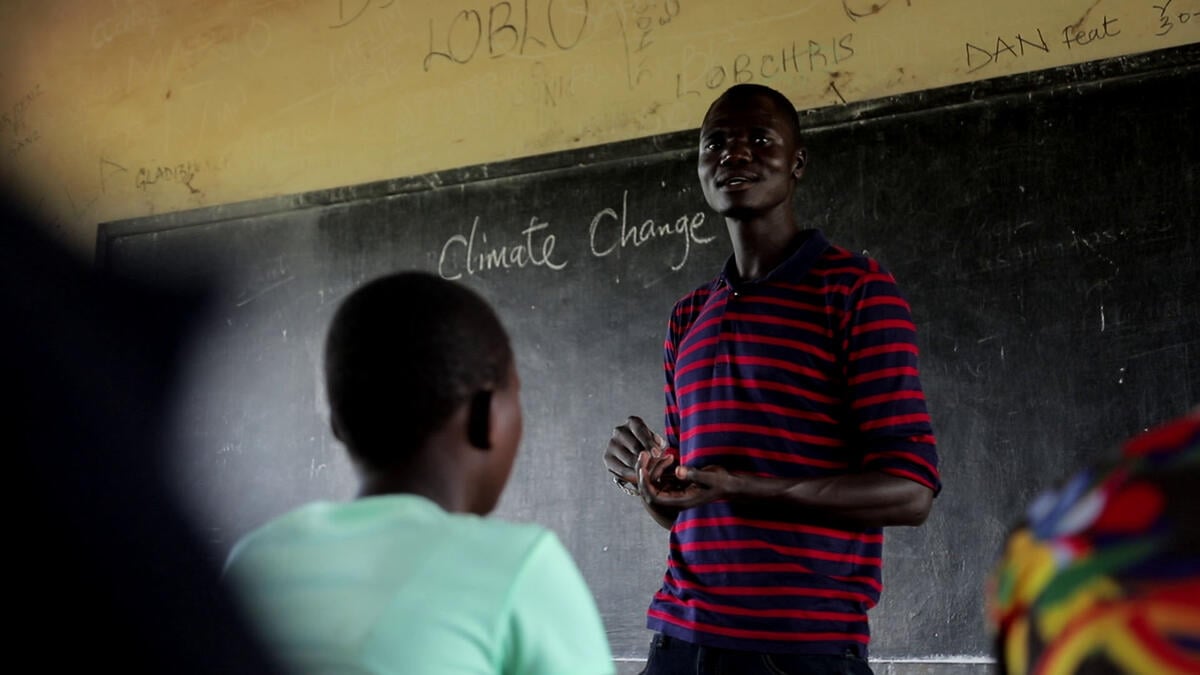UNHCR and partners aid victims of Cyclone Mora in Bangladesh
UNHCR and partners aid victims of Cyclone Mora in Bangladesh
UNHCR, the UN Refugee Agency is working with the Bangladesh authorities and partners on the ground to deliver emergency supplies to Rohingya refugees and their host communities in the wake of Cyclone Mora.
On Tuesday morning, winds of up to 117 km/hr hit south-eastern Bangladesh, damaging thousands of homes as trees fell and roofs were ripped off houses. In addition to the local population, many of the hundreds of thousands of Rohingya refugees hosted in camps, makeshift sites and local villages in the area were affected by the natural disaster.
“More than 20 refugees who were injured in Kutupalong and Nayapara camps have received treatment,” said Shinji Kubo, UNHCR’s Representative in Bangladesh who was there when the cyclone made landfall. “We managed to avoid any major human casualties in camps by coordinating with the local authorities and preparing the refugees before the cyclone.”
UNHCR had pre-positioned staff prior to the cyclone, preparing schools and community facilities so that anyone who needed evacuation could be accommodated in these structurally-stronger facilities. Additional assistance was arranged particularly for vulnerable refugees such as pregnant women and sick people.
Post-cyclone, initial assessments have found that most of the refugees’ homes were damaged to varying degrees. About 20 percent were completely destroyed.
Some of the refugees have started to repair their homes. UNHCR is distributing plastic sheets to provide shelter in the meantime. Refugees with specific needs, including children, pregnant women, the elderly and the disabled, have been moved to safer structures temporarily.
“We are also repairing community structures and schools so that families that are sleeping in the open can move inside until their sheds can be repaired,” said John McKissick, who heads UNHCR’s sub-office in Cox’s Bazar.
Many refugees have also lost their food rations, fuel and cooking tools. The World Food Programme is distributing high-energy biscuits to help them cope in the short term.
Among other challenges, electricity lines are down, potentially causing problems for refugees trying to access water and latrines after dark.
Refugees living in makeshift sites are facing similar challenges. Aid agencies authorised to work in those areas are conducting rapid assessments and distributing relief supplies as soon as possible.
Further needs are expected to emerge as more assessments are done in and outside the refugee camps.
Summing up UNHCR’s emergency response, Kubo said, “We are joining forces with the government and our partners, and working to contribute to the entire humanitarian response efforts to provide immediate assistance to those affected in Cox’s Bazar."
For more information:
Bangladesh, Joseph Tripura mobile: +88 01713 090 375 [email protected]
Bangkok, Vivian Tan mobile +66 818 270 280 [email protected]

